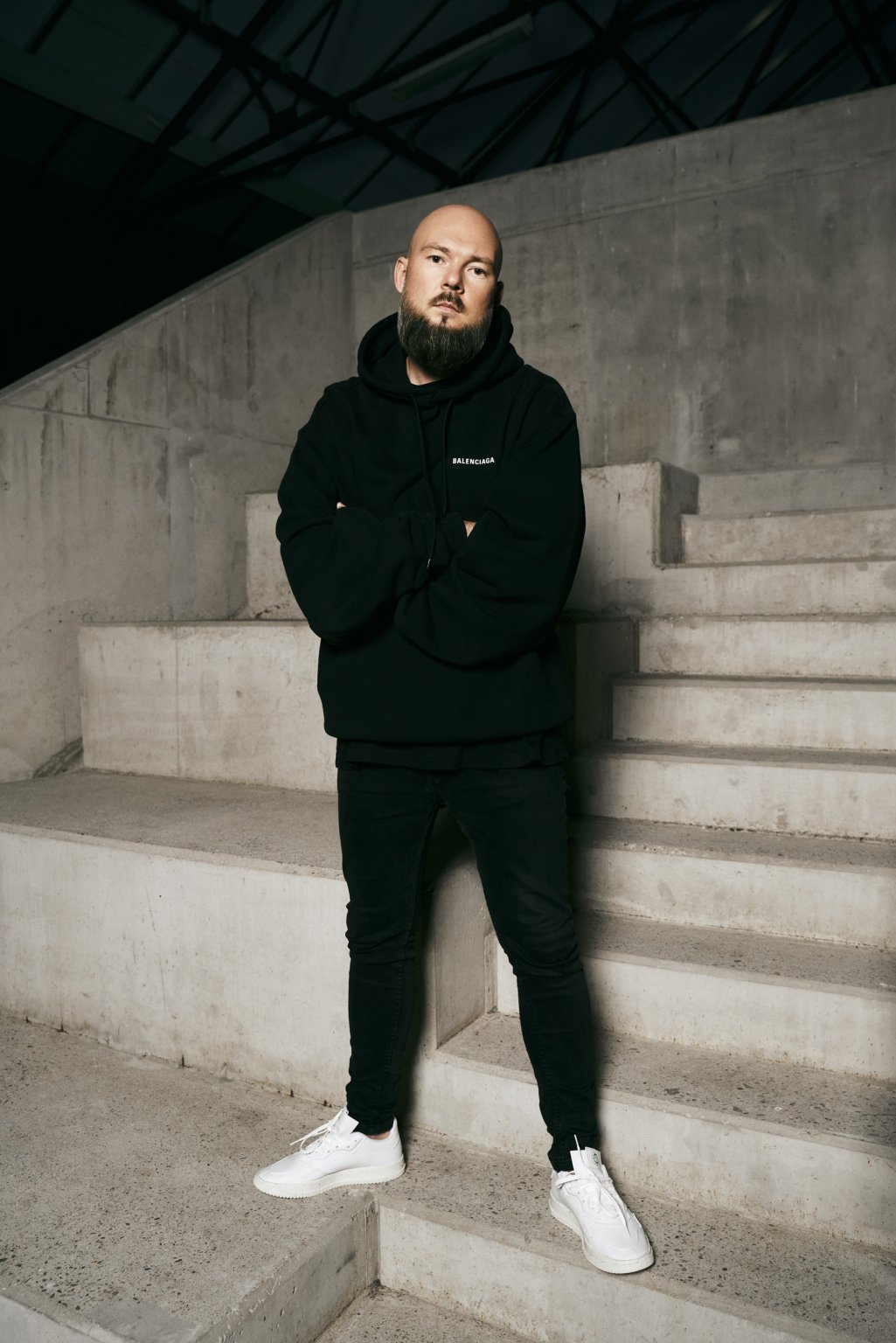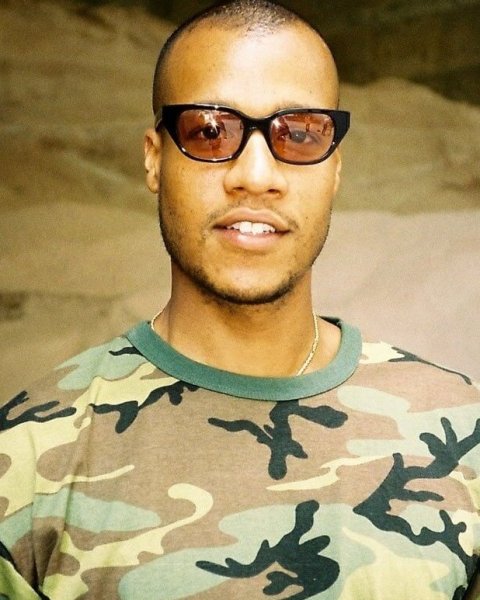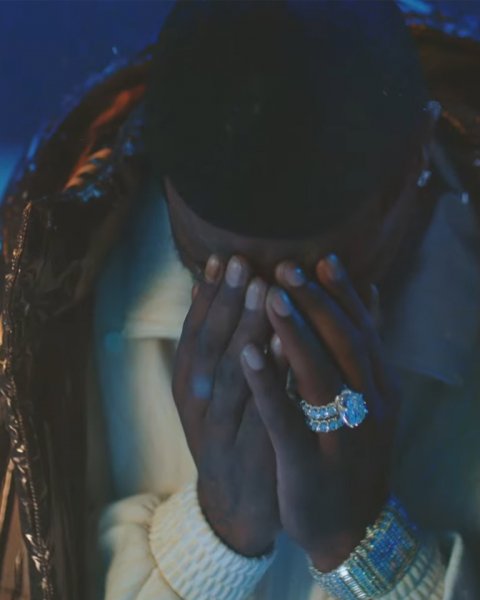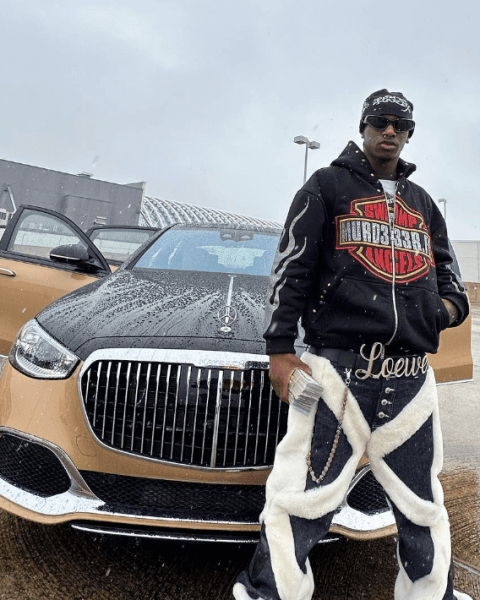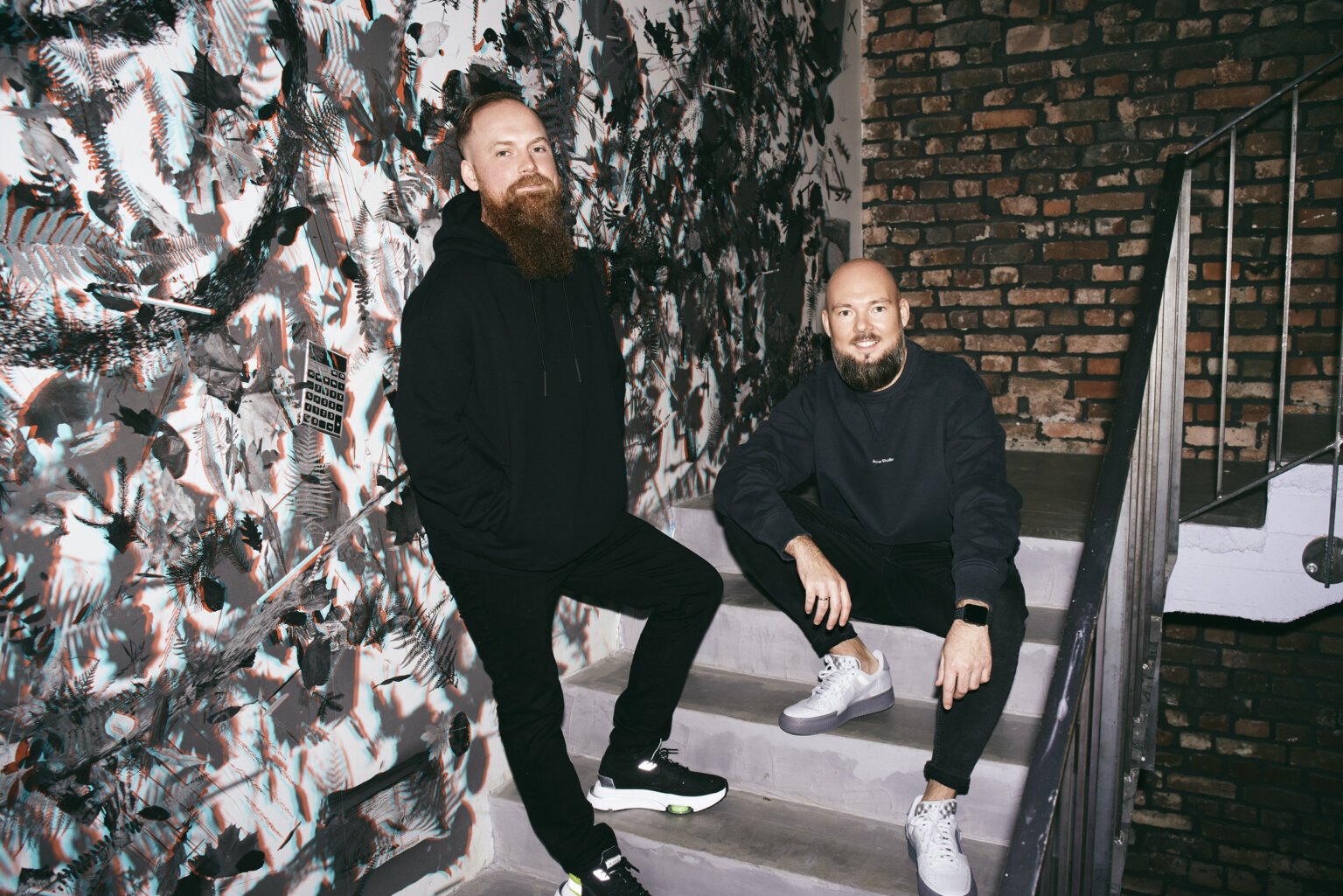
behind the scenes
Interview with our founders
THE AMBITION’s founders speak about Germany’s first consulting company for hiphop culture.
What led you to starting THE AMBITION?
Tobias Kargoll: Phillip and I saw – each from his respective perspective – that hiphop culture offers potentials that hardly any company utilizes. Phillip is one of Germany’s leading advertisers who used to manage rappers. I looked at it as the manager of a hiphop magazine who started doing agency work. It quickly became clear to us that numerous companies would benefit greatly from cultural consulting if they used an holistic approach. Cultural marketing is a great tool, but it only becomes sustainable when it is part of a greater corporate strategy that also includes product development, for example.
Why do you start now? Due to COVID-19, many companies are reducing their budgets.
Phillip Böndel: I think that in times of crisis, people are particularly careful to invest sustainably. Becoming part of a culture is exactly that. Since rap and streetwear are booming, we don’t think we should wait any longer.
Tobias Kargoll: You can’t build up cultural credibility overnight. If you want to be part of popular culture, you should not start when need is already right at hand. Instead you plant something, nurture it, hope that it takes root and continues to grow organically.
What exactly do “cultural consulting” and “cultural marketing” mean?
Tobias Kargoll: Cultural marketing is about rooting a brand sustainably in a culture. To do this, the brand must establish cultural credibility. Cultures are living structures. They cannot be programmed. If you want to become part of a culture, ask what you can do for the culture, not what the culture can do for you. Traditional marketing too often chases events. The same goes for data-driven approaches: they are based on what already happened or act in real time at best. No one can predict the future but with cultural marketing you don’t have to. If you’re part of a culture, you are surfing a wave. You won’t know what happens next but you’ll know that you will be a part of it. You leave the sidelines and step in the arena.
Phillip Böndel: To sustainably root brands in a culture, you need holistic consulting that goes beyond marketing. Cultural consulting takes into account all the essential building blocks of a company’s DNA and matches them with the DNA of the culture in question. This well-founded analysis and strategic approach is both the basis and the prerequisite for ensuring the success of cultural marketing measures and a successful rooting of the brand. In practice, this means that we analyze and revise corporate culture, corporate strategy and product development.
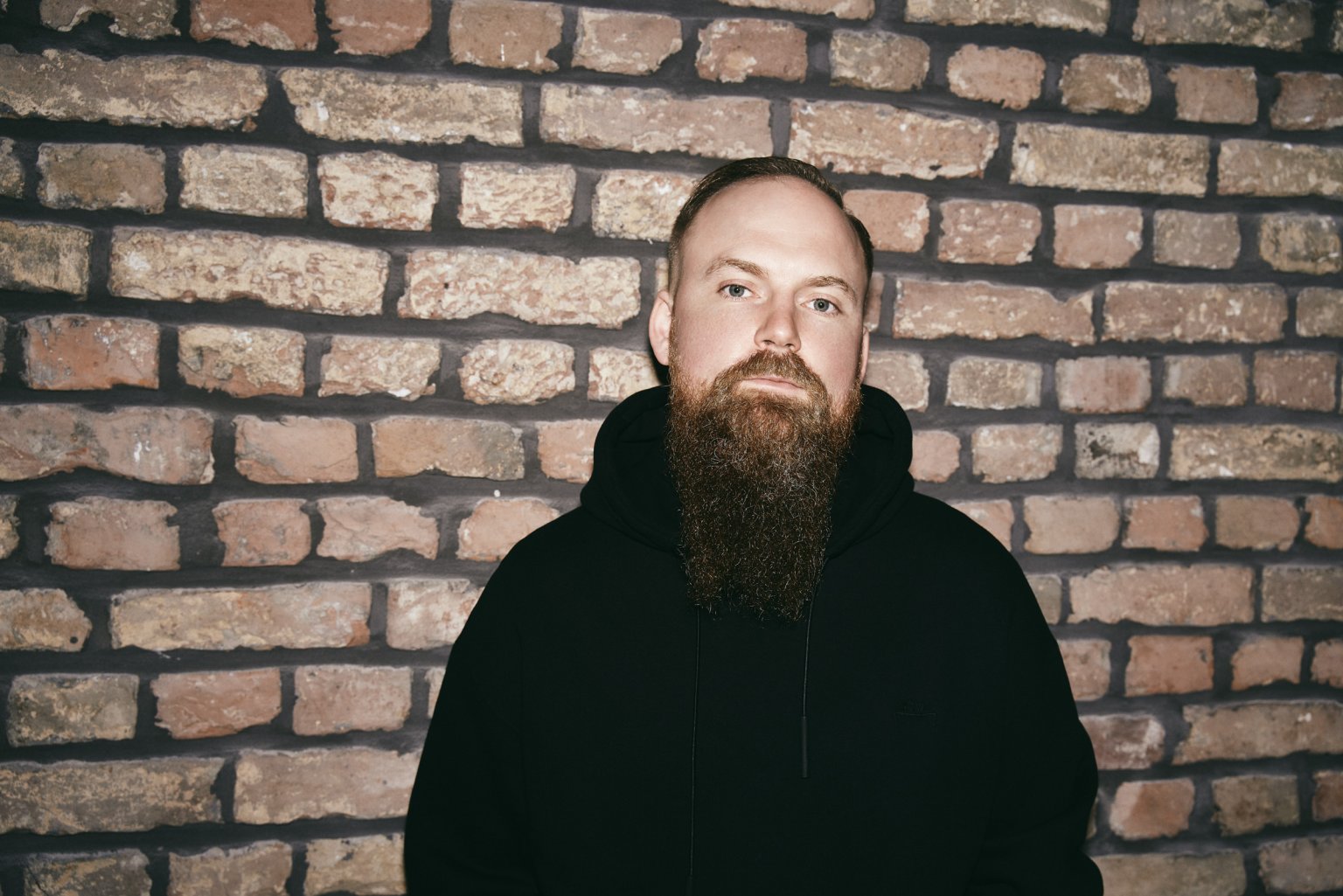 Tobias Kargoll ©️ Patrick Styrnol
Tobias Kargoll ©️ Patrick StyrnolHow can companies benefit from this?
Phillip Böndel: Hiphop culture offers access to a strong group of buyers between the ages of 13 and 43. If you reach these people within their culture, you simultaneously reach those who define what is considered cool for society as a whole. Rooting your brand in a culture is much more sustainable than chasing cultural trends. It takes serious commitment, but once you’re accepted, you’re in it for the long haul.
Commercials with rappers are already out there. In what way does THE AMBITION go one step further?
Phillip Böndel: There are two main points: First, hiphop culture is much bigger than rap music and goes deeper than its art forms. The mindset and attitude of the culture are at least as important as the creative trades that are assigned to it. Seconds, the fact that you work with musicians, artists, designers does not mean that you take the culture seriously and become a part of it. It’s not about hiring someone as a testimonial or for an influencer campaign. It’s also not necessarily about doing advertising. Olympique Marseille has launched a rap label. Paris St. Germain produces jerseys and merch that functions as streetwear. It’s about becoming part of a culture in the long term, not just exploiting it as a short-term trend.
What are the biggest mistakes brands make when working with hiphop?
Tobias Kargoll: If you want to become part of a culture, you have to understand the cultural codes. Nobody would go to a soccer stadium wearing patent leather shoes and a tailcoat. At best, you know the language, you know the history, and you represent the same values as the people around you. If you arrogantly enter the room and expect everyone to clap because you’re finally there, you’ll quickly be shown the way out the door. In concrete terms, it is a popular mistake to reproduce clichés or to try to cover up one’s own ignorance with irony.
Who do you see as potential customers?
Phillip Böndel: In the first step, we focus on large companies and ambitious startups that share our vision, want to get serious about culture, and have the connecting factors for it in their brand DNA. Even if they may not yet know anything about these connecting factors.
